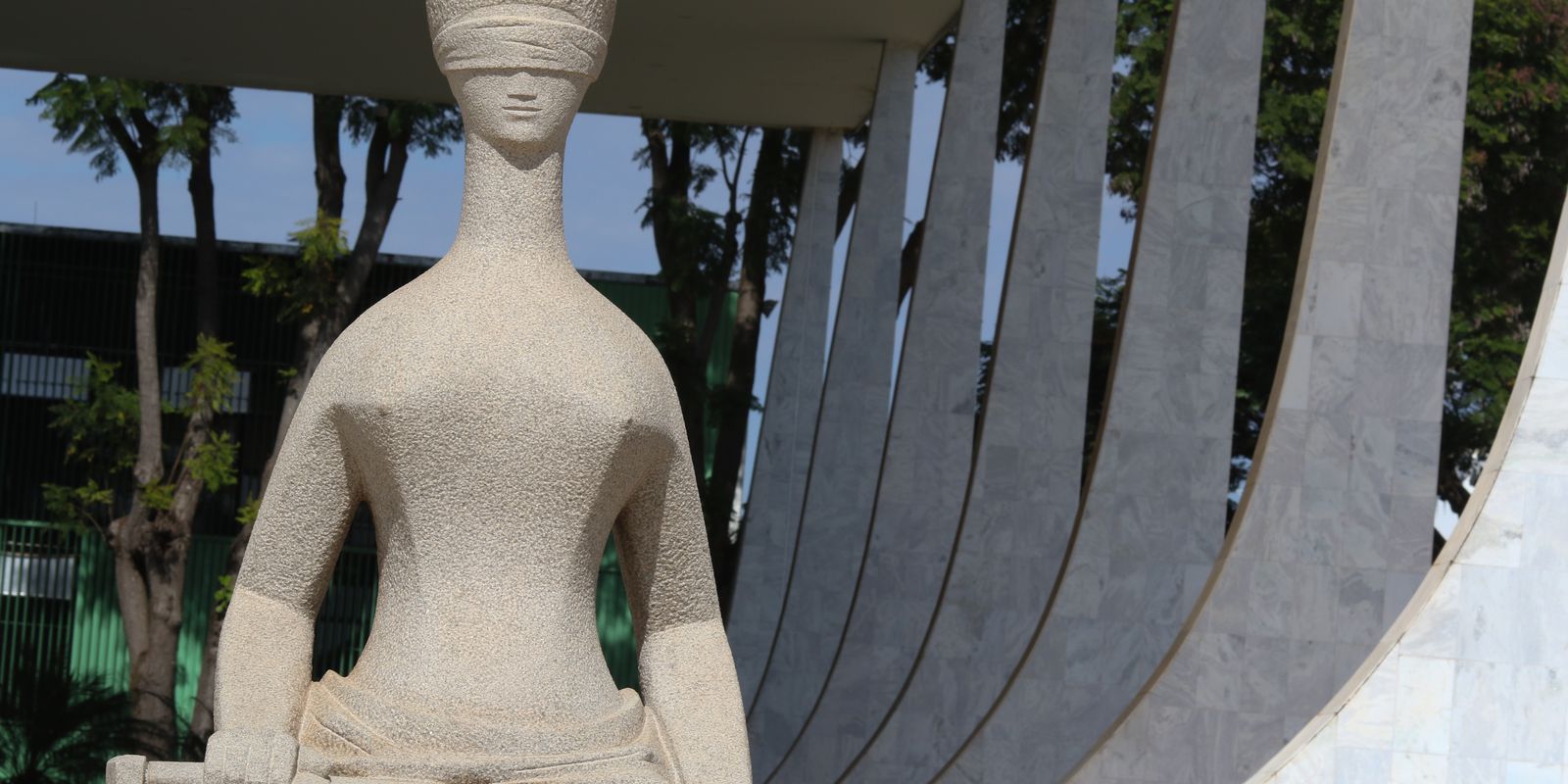The Federal Supreme Court (STF) formed this morning (10), in a virtual administrative session, a majority of seven ministers to approve a salary readjustment of 18% for all justice servers and magistrates, including their own salaries, which serve as a ceiling for the entire public administration.
Except for some request for viewing (more time for analysis), which is unusual in this type of vote, the proposal tends to be approved at the end of the virtual administrative session, in which ministers vote remotely, at 3 pm.
If the percentage is confirmed, the salary of a Supreme Court minister would rise from R$39,600 to R$46,300. The measure was approved in the STF along with the entire Judiciary budget for 2023, in the total amount of R$ 851 million.
The amount is 10.9% higher than the R$767 million approved last year. The increase in next year’s budget is equivalent to the inflation of 2021, according to the limit imposed by the constitutional spending ceiling. The forecast is that this larger space will absorb the salary recomposition.
By the approved proposal, the readjustment of both servers and magistrates should be made in four successive and non-cumulative installments, which should be effective in April and August 2023 and in January and July 2024.
According to the budget being voted on, the Judiciary’s expenses with the payment of personnel should be R$ 485.2 million. Traditionally, due to the nature of jurisdictional work, the rubric has always been the one with the greatest impact.
Once the Judiciary budget is approved by the STF, including the proposal for an 18% salary adjustment, a bill must be sent to the National Congress, which will have the last word, in a joint session of the Chamber of Deputies and the Senate, on budgetary topics. It is possible that parliamentarians change the proposal presented.
claims
The 18% salary increase was below that proposed by magistrates’ associations and civil servants’ unions. For class entities, the percentage is insufficient to cover the inflationary losses accumulated since 2018, when the previous adjustment was approved, which was implemented as of January 2019.
The Association of Brazilian Magistrates (AMB), for example, claimed a recomposition in the salaries of judges of around 40%, which is closer to the historical inflationary losses accumulated by the category, according to the entity.
In the same way, the National Federation of Workers of the Federal Judiciary and of the Federal Public Ministry (Fenajufe), among others, also claimed something close to 40%.
To reach 18%, the president of the Supreme, Minister Luiz Fux, said in a report that “studies started in the first semester, carried out jointly with the other Superior Courts, CNJ and CJF due to provocations by representative entities, pointed to the possibility of implementation of percentages close to 9% in 2023 and another 9% in 2024, including civil servants and magistrates”.

















